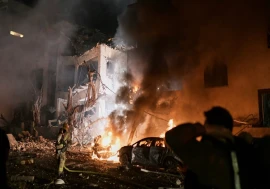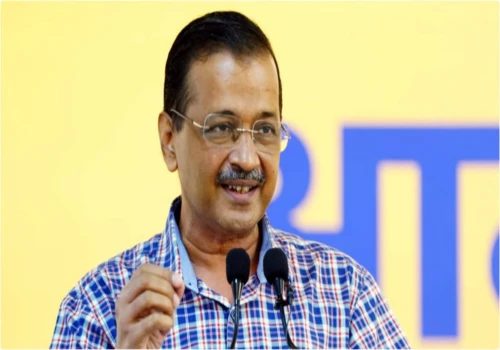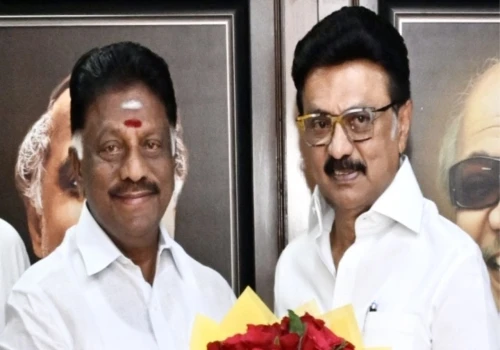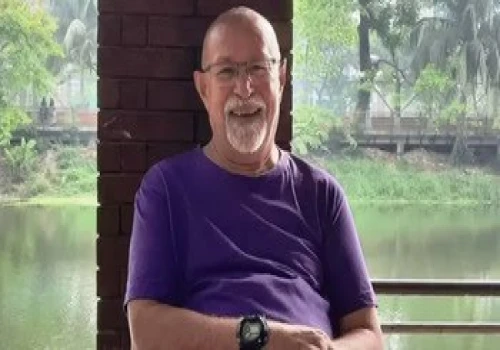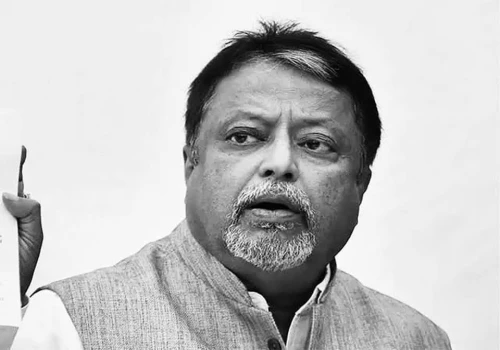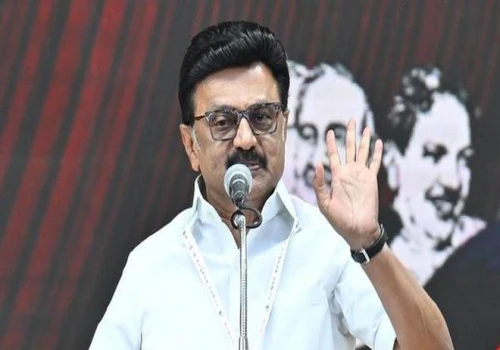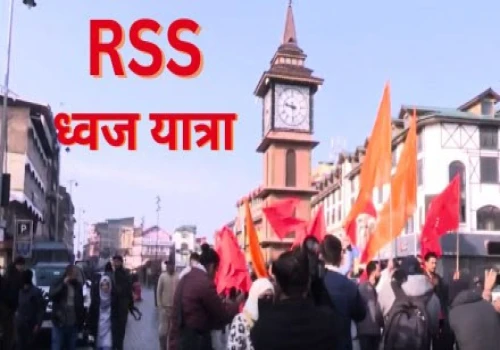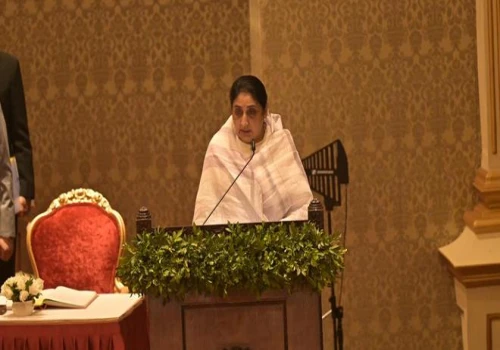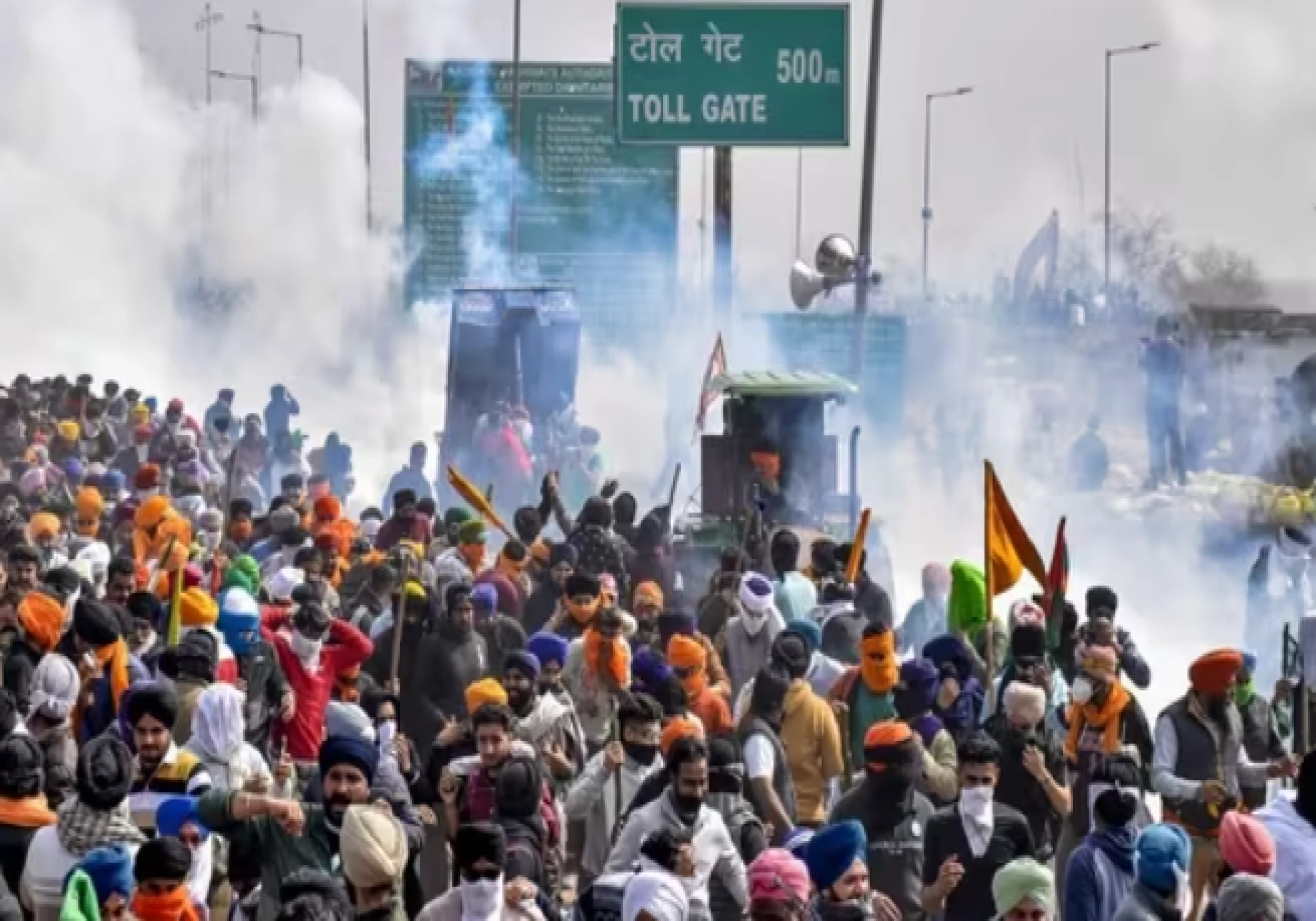
New Delhi: In the midst of ongoing farmer protests at the Punjab-Haryana borders, the state of Haryana has become a focal point for both political and agrarian developments. Haryana Chief Minister Manohar Lal Khattar announced a significant budget of Rs 1.89 lakh crore for the 2024-25 financial year, addressing some concerns raised by the protesting farmers. Khattar declared a waiver of interest and penalties on certain crop loans, emphasizing the government's commitment to farmers' welfare.
However, the protests, which have intensified in recent days, have not only triggered political responses but also raised questions about the handling of public and private property during the demonstrations. Ambala police issued a stern warning, asserting that those causing damage would be held accountable, and an amendment to the Prevention of Damage to Public Property Act 1984 allows for the seizure of assets and bank accounts of the responsible individuals.
The Samyukt Kisan Morcha (SKM), a key player in the farmers' movement, added complexity to the situation by demanding a judicial inquiry by a Supreme Court judge into firing incidents and tractor damages. The SKM General Body (GB) decided to form a committee to consult with former SKM members and devise a united action plan to address the farmers' demands.
Amidst the protests, Congress Lok Sabha MP Manish Tewari called for a special session of Parliament to address the long-standing demand of farmers regarding the minimum support price (MSP) for crops. Tewari criticized the central government, emphasizing that the promise to enact MSP-related legislation made three years ago remains unfulfilled.
The political landscape became more charged as Haryana police initially imposed the National Security Act (NSA) against farmer leaders, sparking controversy. However, in a subsequent development, the Haryana government revoked the imposition of the NSA against union leaders in Ambala district.
Tragically, the protests have led to human casualties. Another farmer lost his life at the Khanauri border, marking the fifth death during the ongoing protests under the banner of 'Delhi Chalo.' The escalating tensions prompted Delhi Police to impose fresh border traffic restrictions at various points to manage the flow of traffic.
In Punjab, Chief Minister Bhagwant Mann announced a compensation of Rs 1 crore for the family of a deceased farmer and a government job for the farmer's sister. However, the unfolding events also revealed dissatisfaction among the protestors, as highlighted by Sarwan Singh Pandher, General Secretary of Punjab Kisan Mazdoor Sangharsh Committee, regarding the Punjab government's response to a farmer's death.
As the standoff continues, the government expressed hope for a peaceful resolution to the farmers' protest, emphasizing the importance of maintaining wheat procurement without disruptions. Meanwhile, the Samyukta Kisan Morcha (SKM) plans multiple protest activities in the coming days, keeping the situation fluid and challenging for both farmers and the government.
In a parallel development, representatives of the Sikh community met West Bengal Governor C V Ananda Bose to protest against an alleged "Khalistani" slur directed at IPS officer Jaspreet Singh by BJP leader Suvendu Adhikari. The incident has escalated into a major controversy, reflecting the broader societal and cultural dimensions intertwined with the farmers' movement.


